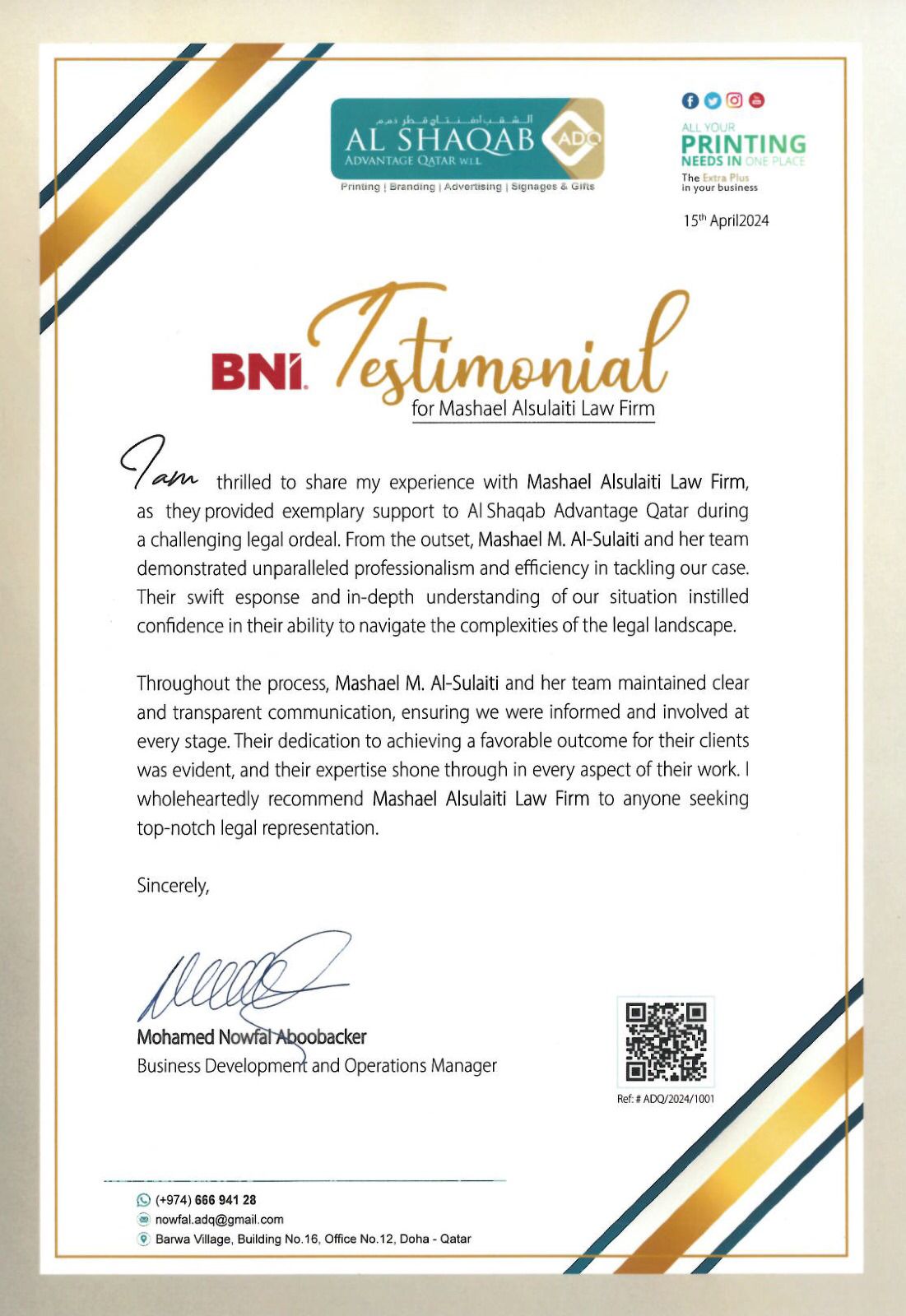Qatar's New Legal Framework for Regulating Digital Content Creation

Qatar’s Shura Council recently reviewed new regulations concerning digital content creation, particularly focusing on social media influencers and their impact on public opinion. In a regular weekly session chaired by HE Hassan bin Abdullah Al Ghanim, the Council examined a proposal from the Education, Culture, Sport, and Information Committee. The proposal sets forth a legal framework that mandates social media influencers to obtain licenses from relevant authorities to ensure their content adheres to Qatari values, national identity, and public order.
The regulations underscore the importance of ensuring that digital content respects cultural traditions, avoids harmful material, and maintains transparency, credibility, and social responsibility. The licensing process requires a QAR 25,000 initial fee, with annual renewals subject to a QAR 10,000 fee. Qatari nationals may apply for the license independently , while non-Qatari individuals or entities must apply through institutions or sponsors.
Qatari nationals seeking to obtain a digital content creation license can apply independently through the Ministry of Culture's official electronic services platform. The application process begins by logging in using the National Authentication System (Tawtheeq) credentials. Once logged in, applicants must select the appropriate service for content creation licensing and follow the provided link. The system will prompt the applicant to input the required information, including personal details and any relevant documents. If the application is for a company, the applicant must choose the specific company under which the license will be issued.
For detailed guidelines and access to the application portal, please visit the Ministry of Culture's official website: Ministry of Culture
Both Qatar and Saudi Arabia have established regulations for digital content creation to uphold societal values, cultural traditions, and ethical standards while promoting transparency and accountability in online activities. However, their approaches differ significantly. Saudi Arabia’s General Commission for Audiovisual Media (GCAM) requires influencers generating income from their content to obtain a license under the "Mawthooq" program, which costs SAR 15,000 (USD 4,000) for a three-year term and excludes non-commercial activities. While both nations prioritize adherence to ethical and transparent practices, Saudi Arabia enforces stricter penalties for violations, including fines of up to SAR 5 million (USD 1.33 million), imprisonment, and deportation for foreign offenders.
In conclusion, Qatar's initiative to regulate digital content creation marks a pivotal development in aligning the digital landscape with societal values and cultural traditions. By implementing a structured licensing system, the country underscores its commitment to promoting ethical, transparent, and responsible practices in online activities. This framework not only safeguards public order and national identity but also fosters accountability among content creators. As digital media continues to shape public opinion and awareness, such regulations ensure a balanced approach that respects freedom of expression while maintaining social harmony and cohesion.
Recent News
- H.H. the Amir Issues Landmark Amendments to the Civil Human Resources Law to Strengthen Incentives and Government Excellence
- تطور تشريعي يعيد رسم ملامح مهنة المحاماة في دولة قطر: أبرز ملامح التعديلات الواردة بالقانون رقم (19) لسنة 2025
- A New Era for Qatar’s Legal Profession: Key Reforms Under Law No. 19 of 2025
- قطر تغير مصطلح 'كبار السن' إلى 'كبار القدر' لتعزيز قيم الاحترام والتقدير
- Qatar Implements Partial Cheque Payment Mandate

